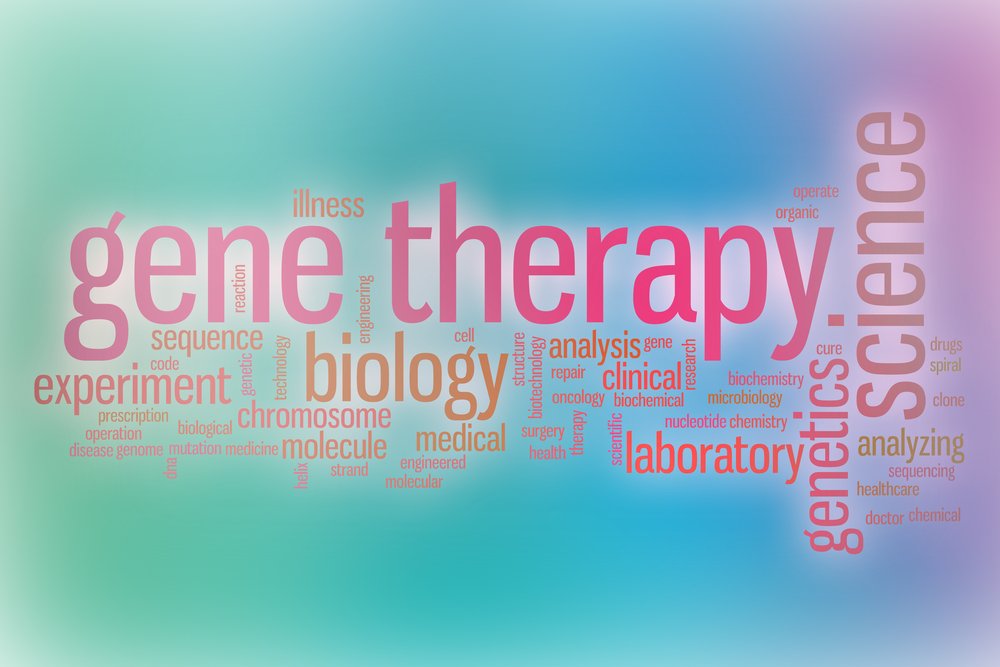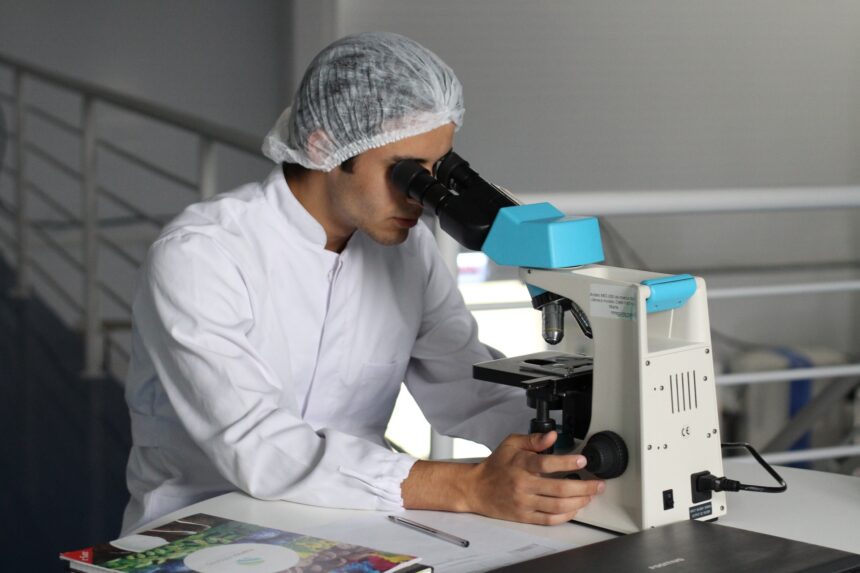The field of gene therapy seems to be at a turning point. After decades of research, gene therapy procedures are beginning to bear amazing results. Procedures are finally beginning to receive FDA approval. These recent breakthroughs are bringing new hope to people with life-threatening congenital diseases.
How does gene therapy work?
Every cell in the human body contains long, complex molecules, called DNA. These molecules control the formation of different types of cells and serve as a blueprint for the formation of the entire organism. Genes make up DNA molecules. Life-threatening illnesses like cancer, sickle cell anemia and blindness occur when genes are damaged or missing from the DNA.

With gene therapy techniques, doctors replace damaged or missing genes with new ones to repair defective DNA. There are miraculous cases of people cured of terrible diseases that were previously incurable.
Getting closer to a cancer cure
Last year saw significant progress in gene therapies for cancer. The FDA approved new radical treatments that use cells from a patient’s immune system to combat rare forms of cancer. In this treatment, called CAR-T therapy, doctors remove a patient’s own T cells. They then reprogram their DNA so the cells are better able to find and destroy cancer cells.
This treatment is currently in research for young adults and children who have a specific type of leukemia. It will be marketed under the name Kymriah. Many patients who were successfully treated are still in remission years later. The FDA views CAR-T therapy as the first legitimate gene therapy that will be available in the United States.
New cures for blood disorders
Last year saw some amazing breakthroughs, including a case where a teenage boy was cured of sickle-cell disease. Sickle-cell disease causes the cells to become thin and elongated rather than round and flat. This happens due to a genetic mutation of red blood cells. This malformation makes blood cells clump together, impeding blood flow, which can be life-threatening.
Doctors cured the boy by replacing bad genes in a sample of his red blood cells with good genes. After placing the healthy cells back into his bloodstream, the boy’s body was able to create healthy blood cells. After two years, the patient has enough healthy blood cells to avoid suffering any symptoms of the disease. Hopefully, patients worldwide may soon have access to this procedure by visiting a stem cell treatment center or a clinic that specializes in regenerative medicine.
Restoring sight and other miracles
Patients haven’t only been cured of cancer and blood disease. Gene therapy has also restored vision to people who were losing their sight. A treatment called Luxturna treats retinal diseases by correcting a genetic mutation that causes people to gradually lose their vision.
Gene therapy can rebuild damaged skin as well. Recently a boy with a genetic skin disorder who was suffering from a severe infection received new skin from a gene therapy procedure. Researchers accomplished this by taking samples of the boy’s undamaged skin stem cells and infusing them with normal DNA. They grew sheets of new skin with these healthy cells in the laboratory. They then surgically replaced the damaged skin on the boy’s body.
Gene therapy is an important step forward for medicine because it tackles the root causes of disease rather than just using drugs to treat the symptoms. The field has reached a major turning point now that the FDA has approved a cancer treatment for use in the United States. Europe currently offers many other treatment options. Many more treatments will soon become available in the near future.









